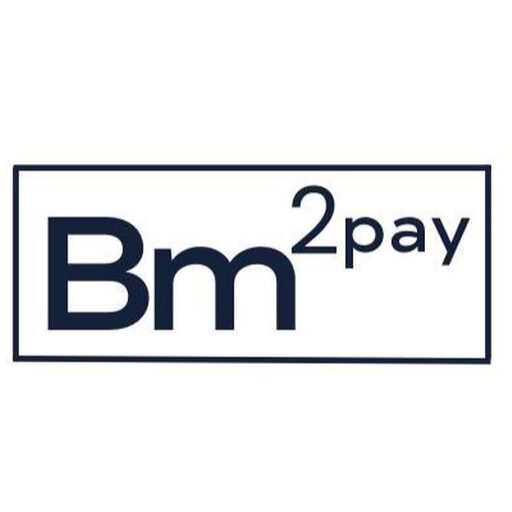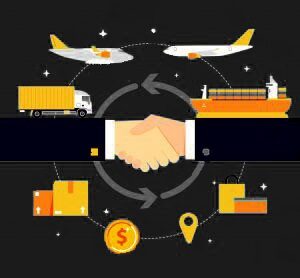Many online enterprises are seeking to expand to foreign markets, but they are deterred by the initial investment. Often they lack the funds to develop logistics, inventory, marketing and other processes required for a global business. Today, many small online businesses are joining the e-commerce marketplace business model, which enables...
DOWNTIMES
Many payment processors experience downtimes, which is when their systems are not working. In practice, downtimes mean that your transactions cannot be processed and your customer’s credit card is rejected through no fault of their own. Not only do you lose revenue, but your potential purchaser has invested time and...
CROSS-BORDER PAYMENTS
When expanding to global markets, merchants often encounter rising processing costs, lower conversion volumes and high fraud rates. Payment processors that were affordable and effective in your native market may be showing poor performances in new locations. Local taxes and regulations of which you were previously unaware may be cutting...
CREDIT CARD DECLINES
Credit card declines can have considerable negative impact on an online business. Credit cards may be declined for several reasons aside from the obvious one of insufficient funds. Sometimes the decline may be caused by a simple mistake - the card holder may have keyed in the wrong card number...
CONVERSION RATES
A conversion rate is the method which online retailers use to compare the total number of visitors to a website with the number that actually becomes paying customers, subscribers or users. When it comes to cross-border ecommerce, conversion rates may be affected by various factors such as complex user experiences,...
CREDIT CARD CHARGEBACKS
A chargeback is a protective measure credit card issuers offer cardholders, which enables the cardholder to dispute a charge. Chargeback policies exist to protect the customer, but, when abused, can cause a wide range of problems for merchants, including the loss of money, resources, time and the customer. Chargebacks can...
ARTIFICIAL INTELLIGENCE
Artificial Intelligence (AI) refers to the simulation of human intelligence processes by machines, especially computer systems. These processes include learning, reasoning and self-correction. AI is being adopted in various areas of e-commerce to improve processes, personalize customer experiences and upgrade customer service. Online systems collect huge amounts of data about...
BLOCKCHAIN
Blockchain can be defined as a chain of data blocks. The “block” is made up of digital data containing a hash which is stored in the “chain” - a public database. When transactions are conducted, they form this chain which cannot be altered once it is formed. The main...








